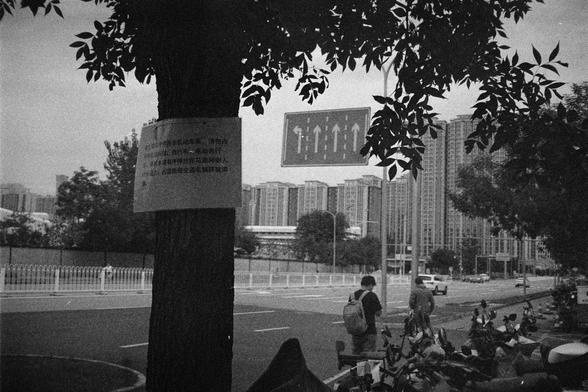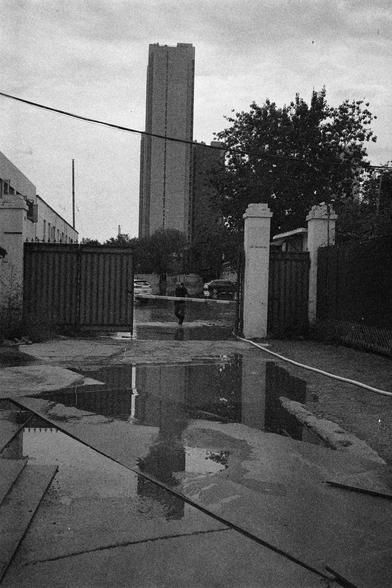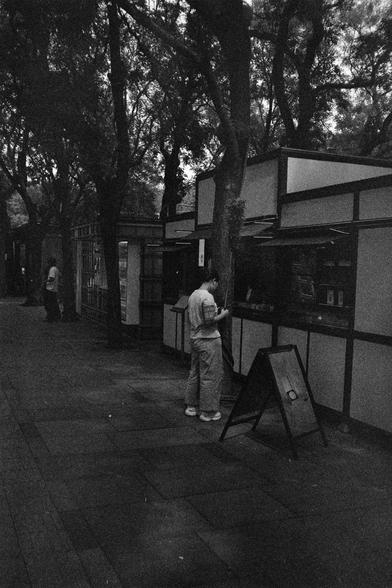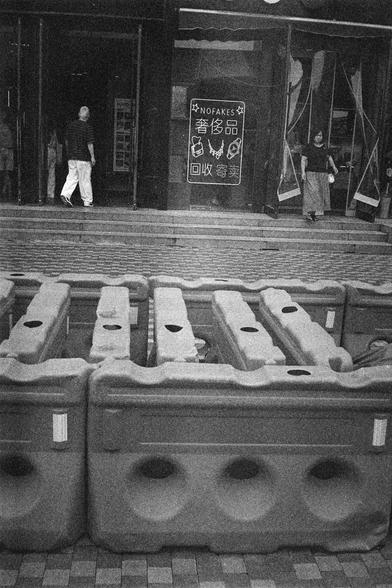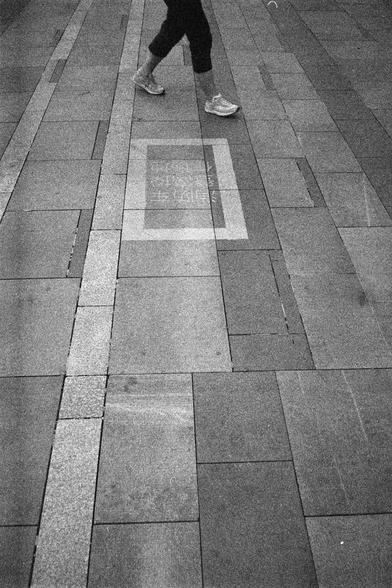2025-11-14 13:43:56
Maybe this whole AI era is a mash-up of Terminator meets Brewster’s Millions.
Sam Altman (Brewster) is sent back in time to start such a laughably bad AI hype cycle that it effectively changes the course of human history, steering us away from our doom.
Through his efforts, what could have been a human-eradicating AI leaves us with hallucinations, weird sex bots, AI avatars of our dead loved ones, and AI-powered toys telling children to hurt themselves.
2025-10-15 08:33:32
Early massive galaxy formation in the core of a galaxy protocluster 650 million years after the Big Bang
Yoshinobu Fudamoto, Yurina Nakazato, Daniel Ceverino, Luis Colina, Takuya Hashimoto, Akio K. Inoue, Yoichi Tamura, Naoki Yoshida, Yongda Zhu, Yuma Sugahara, Santiago Arribas, Javier 'Arvarez-M'arquez, Tom Bakx, Carmen Blanco Prieto, Luca Costantin, Alejandro Crespo G'omez, Masato Hagimoto, Takeshi Hashigaya, Hiroshi Matsuo, Rui Marques-Chaves, Ken Mawatari, Ikki Mitsuhas…
2025-12-04 17:23:28
As you may have heard, the russian-populist party #BSW won no parliament seats in Germany's 2025 federal election, as they had failed to reach the 5% threshold by only a few thousand votes.
However, you might be surprised to hear that, in a somewhat Trump-like manner, the party then proceeded to spread myths and sought a recount. Though, next week, parliament will expectedly reject the re…
2025-11-09 00:30:38
Moody Urbanity - Relations 👥
情绪化城市 - 关系 👥
📷 Minolta Hi-Matic AF
🎞️ Shanghai GP3 400 Pan
#filmphotography #Photography #blackandwhite
2025-10-27 03:00:46
Day 30: Elizabeth Moon
This last spot (somehow 32 days after my last post, but oh well) was a tough decision, but Moon brings us full circle back to fantasy/sci-fi, and also back to books I enjoyed as a teenager. Her politics don't really match up to Le Guin or Jemisin, but her military experience make for books that are much more interesting than standard fantasy fare in terms of their battles & outcomes (something "A Song of Ice and Fire" achieved by cribbing from history but couldn't extrapolate nearly as well). I liked (and still mostly like) her (unironically) strong female protagonists, even if her (especially more recent) forays into "good king" territory leave something to be desired. Still, in Paksenarion the way we get to see the world from a foot-soldier's perspective before transitioning into something more is pretty special and very rare in fantasy (I love the elven ruins scene as Paks travels over the mountains as an inflection point). Battles are won or lost on tactics, shifting politics, and logistics moreso than some epic magical gimmick, which is a wonderful departure from the fantasy norm.
Her work does come with a content warning for rape, although she addresses it with more nuance and respect than any male SF/F author of her generation. Ex-evangelicals might also find her stuff hard to read, as while she's against conservative Christianity, she's very much still a Christian and that makes its way into her writing. Even if her (not bad but not radical enough) politics lead her writing into less-satisfying places at times, part of my respect for her comes from following her on Twitter for a while, where she was a pretty decent human being...
Overall, Paksenarrion is my favorite of her works, although I've enjoyed some of her sci-fi too and read the follow-up series. While it inherits some of Tolkien's baggage, Moon's ability to deeply humanize her hero and depict a believable balance between magic being real but not the answer to all problems is great.
I've reached 30 at this point, and while I've got more authors on my shortlist, I think I'll end things out tomorrow with a dump of also-rans rather than continuing to write up one per day. I may even include a man or two in that group (probably with at least non-{white cishet} perspective). Honestly, doing this challenge I first thought that sexism might have made it difficult, but here at the end I'm realizing that ironically, the misogyny that holds non-man authors to a higher standard means that (given plenty have still made it through) it's hard to think of male authors who compare with this group.
Looking back on the mostly-male authors of SF/F in my teenage years, for example, I'm now struggling to think of a single one whose work I'd recommend to my kids (having cheated and checked one of my old lists, Pratchett, Jaques, and Asimov qualify but they're outnumbered by those I'm now actively ashamed to admit I enjoyed). If I were given a choice between reading only non-men or non-woman authors for the rest of my life (yes I'm giving myself enby authors as a freebie; they're generally great) I'd very easily choose non-men. I think the only place where (to my knowledge) not enough non-men authors have been allowed through to outshine the fields of male mediocrity yet is in videogames sadly. I have a very long list of beloved games and did include some game designers here, but I'm hard-pressed to think of many other non-man game designers I'd include in the genuinely respect column (I'll include at least two tomorrow but might cheat a bit).
TL;DR: this was fun and you should do it too.
#30AuthorsNoMen
2025-09-25 13:00:25
2025-10-10 09:05:09
Noether-Type Inequalities for Big Divisors on Algebraic Surfaces
Shi Xu
https://arxiv.org/abs/2510.08089 https://arxiv.org/pdf/2510.08089
2025-11-11 18:53:31
This is the start of our Christmas baking. Doesn't include the spices, vanilla, milk, butter, cream, eggs, and the ground meats for our meat pies.
When done around 6 old school fruit cakes, 9 meat pies, and 51 tins of cookies, squares, candy, and cakes. Part of it goes to work and family. Anyone visiting during the Christmas season will get stuffed.
It brings back memories of mom, aunts, and grandmother baking for Christmas. It is also very relaxing as I can beat the crap o…
2025-12-03 01:25:27
NEXT WEEK: VANCOUVER CIVIC THEATRES PRESENTS
Silent Movie Mondays:
The Black Pirate (1926)
Produced By & Starring Douglas Fairbanks
DECEMBER 8, 2025 AT 7:30PM
ORPHEUM
Ahoy Mateys! 🏴☠️ Watch the first-ever pirate movie while a soundtrack is played LIVE on the Orpheum's Wurlitzer organ!
-----------------
Your call: I feel uncomfortable these days in downtown Vancouver - so hanging around waiting for a bus when going home ....
2025-11-12 00:30:00
Moody Urbanity - Relations IV 🧶
情绪化城市 - 关系 IV 🧶
📷 Minolta Hi-Matic AF
🎞️ Shanghai GP3 400 Pan
#filmphotography #Photography #blackandwhite




